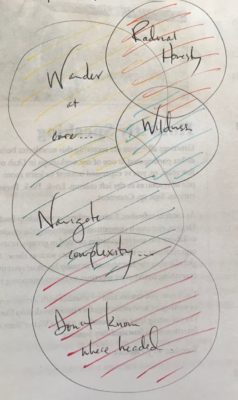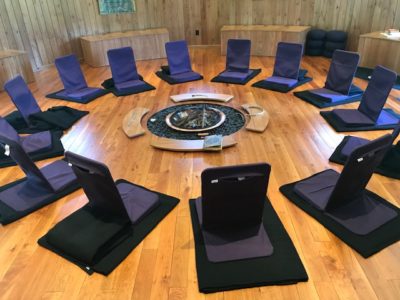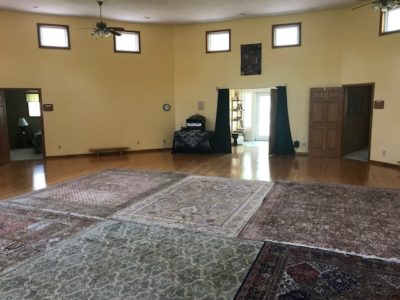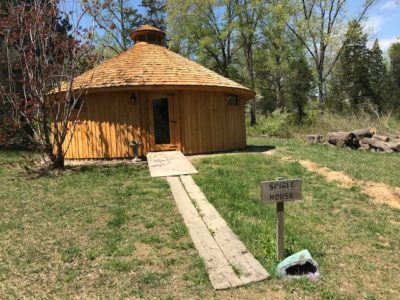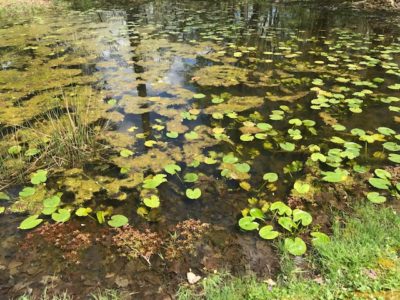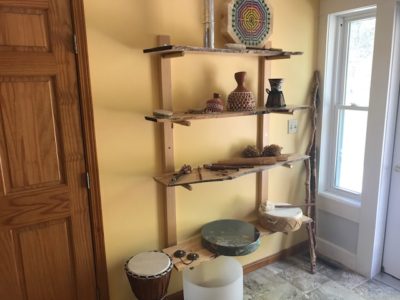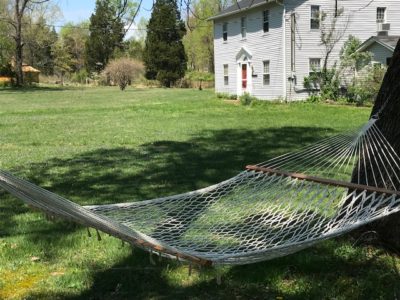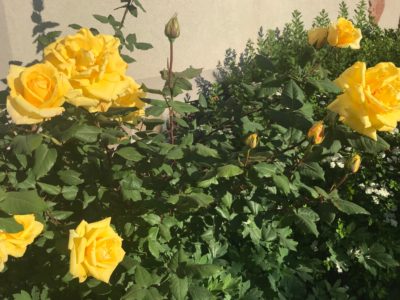
I loved the conversation I had yesterday with a colleague. We have a friendship and colleagueship that began twenty years ago, but connects once every few years. On a bit of a whim, we decided to have tea together. Via Zoom that helped shrink the 2,000 miles of geographic distance. Because we could. I love conversations that have the pace of tea. You don’t gulp tea. It’s slower. It has plenty of holding mug in hand, just for the feeling of the deeper warming.
As so often happens with genuine invitation to wander together, and with the lightest social agreement to light circle structure, there is tremendous richness that shows up. It’s friendship. It’s learning. It’s sharing story. It’s connecting ideas. It’s following a bit of mystery.
One of yesterday’s gifts for me in learning was both of us reaffirming the essentialness of personal care for leaders. And as my friend reminded me, this includes in particular, some reflective practice.
The story line goes quite like you would imagine:
These times are complex. Most are being asked to do a lot, and often within very short timelines. Most are needing to learn to be in relationship with many moving parts (or better, to learn to see these moving parts as a whole). There’s a lot of stress. And when stress meets stress in other, boy, we need some skill to not just slide into a hot mess of blame.
The timing of involvement is relentless. Yah, “relentless” is a rather burdensome word, but I think it’s accurate. There’s little or no spacing between. There’s often multiple projects that many of us are handling at one time. Expectations are really high (because we care about doing good). But it’s full on.
Many of us sacrifice personal care so as to be in the complex and relentless timing. There’s a certain seduction to a certain nobility in this sacrifice. It can have the appearance of being rather heroic. Oh dear, though there be a temporary rightness in that, it is rather short-lived.
My friend and I were naming how what’s missing in so many people’s leadership training and practice is self care and reflective practice as a way to best be in the complex and the relentless. We are all human. We aren’t machines. We aren’t crafted to merely and rotely persist in perfection as if on a gigantic cosmic assembly line. It’s good to be diligent and committed, yes indeed. But the longterm life of us and the systems we are in, are at stake here, addressed quite significantly by self care.
Here’s some of the small ones that I count on.
- Periodic tea with a friend, like yesterday.
- Even small chunks of time working in my yard, getting my hands dirty. And away from my computer.
- Physical exertion, wether exercise or more of that yard work.
- Reading just to read, for the enjoyment of it without needing to produce anything.
- Tending to life needs. The floor still needs mopping. Or the wood chopping. Or the appointment with the dentist. Or the vacuuming. Or walking the dog.
My goto with reflective practice is meditation. Typically 20 minutes of quiet breathing in the morning. That and a few forms of writing. This blog. A personal journal. A collection of poems I’m writing and compiling. A hand-written journal that catches night-time dreaming.
The interruption in societal pattern here is that personal care and reflective practice are not superfluous and self-indulging, but rather essential and core practices. For health. For grounding. For expansion of ability. For kindness. For wholeness. For a pile of things.
The invitation is as you would imagine. Stick to this care and reflection. Or, start it again, even in very small chunks. Encourage others to do similarly for the good of all of us in this rather fascinating human journey.
Maybe start with tea, with someone you see as an old and very wise friend.

